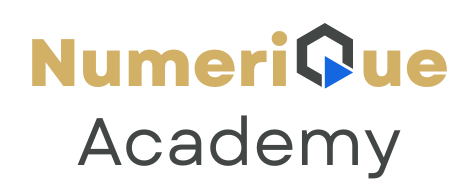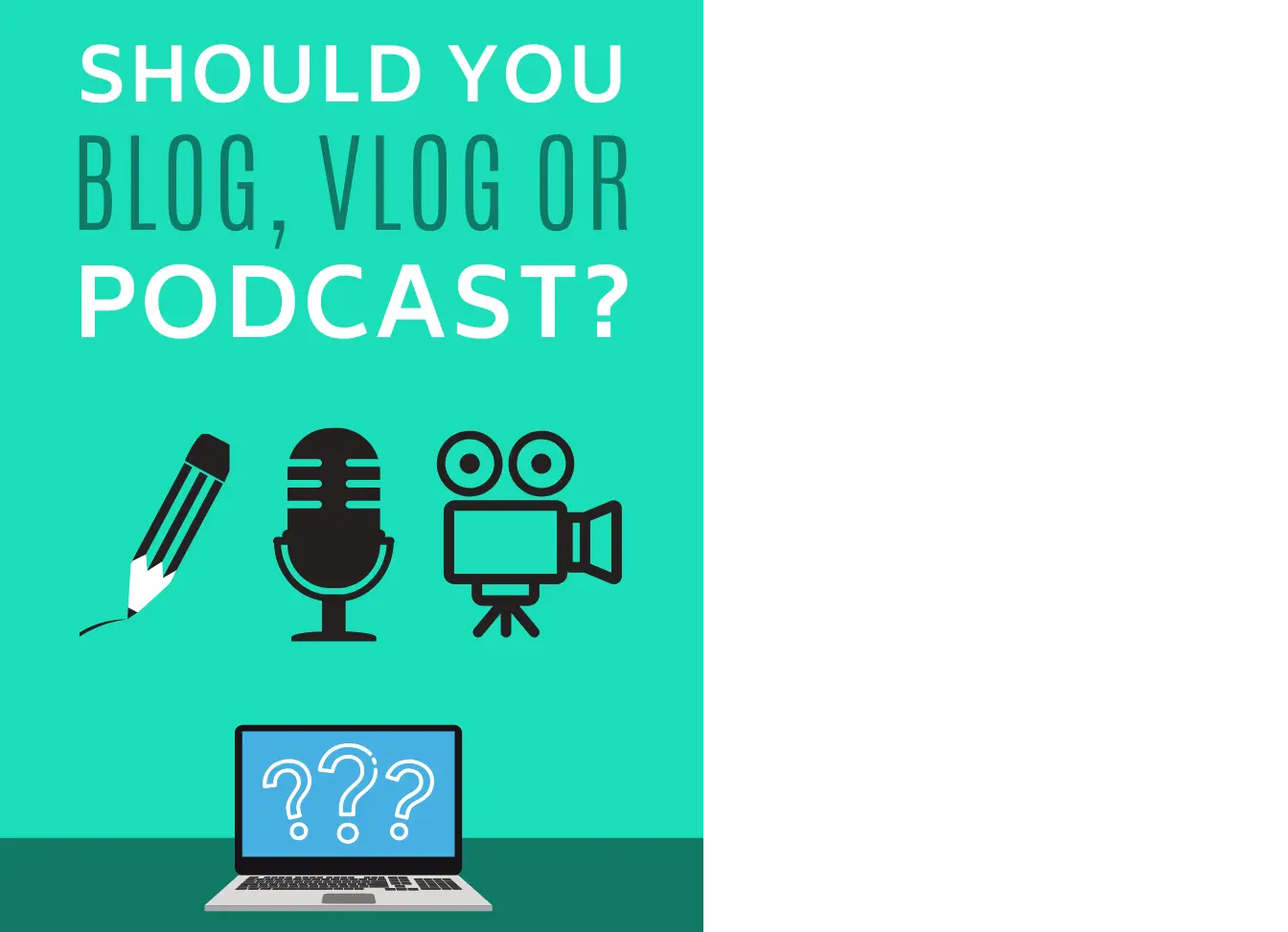In the age of digital content creation, there’s no shortage of platforms to share your voice, your expertise, or your creativity. But choosing the right medium—blogging, vlogging, or podcasting—can be overwhelming, especially if you’re just starting your journey. Each has its own set of advantages, requirements, and audience expectations.
This guide will walk you through the key differences and help you decide which format aligns best with your goals, strengths, and lifestyle.
1. Blogging: The Power of the Written Word
What It Is:
Blogging is content creation through written articles, typically published on a website or platform like WordPress, Ghost, or Medium.
Pros:
- Low barrier to entry – All you need is a domain and some writing tools.
- SEO benefits – Search engines love quality written content.
- Asynchronous consumption – Readers can skim or read deeply at their own pace.
- Good for in-depth, evergreen content – Tutorials, guides, and opinion pieces perform well.
Cons:
- Writing skills required – If writing isn’t your strength, it might be hard to gain traction.
- Slower engagement – Readers may not comment or interact as quickly as on videos or podcasts.
- Can be competitive – Especially in niches like tech, travel, or finance.
Best For:
- Those who love writing and editing
- Creators who want to build organic traffic over time
- Professionals creating portfolios, how-to guides, or niche authority
2. Vlogging: Lights, Camera, Engagement!
What It Is:
Vlogging is video blogging—typically posted on YouTube or TikTok—where the creator is front and center, speaking directly to the audience.
Pros:
- High engagement – Video has emotional impact and visual appeal.
- Great for personal branding – Viewers build trust by seeing your face and personality.
- Monetization potential – YouTube ads, sponsorships, affiliate marketing, etc.
- Trend-driven visibility – Platforms like YouTube reward new and consistent content.
Cons:
- Higher production demands – You need a decent camera, lighting, and editing tools.
- Time-consuming – Filming, editing, and uploading can take hours per video.
- On-camera confidence needed – Not ideal if you’re camera-shy.
Best For:
- Energetic personalities who love storytelling or teaching on camera
- Those with a knack for video editing or visual storytelling
- Creators who want to build a fast-growing, highly engaged community
3. Podcasting: Speak Your Truth
What It Is:
Podcasting is audio content distributed via platforms like Spotify, Apple Podcasts, or Anchor. It’s often conversational, educational, or narrative in tone.
Pros:
- Low startup cost – A quality mic and hosting platform are enough to begin.
- Passive consumption – Listeners can tune in while commuting, walking, or working out.
- Less focus on visuals – Great for introverts or those who prefer not to be on camera.
- Longer-form content works well – In-depth interviews or discussions are the norm.
Cons:
- Harder to be discovered – Podcast platforms have less search visibility than blogs or videos.
- Slower audience growth – Building trust takes time.
- Editing and sound quality matter – Poor audio can turn listeners away.
Best For:
- Good communicators who enjoy long-form discussions
- Educators, interviewers, or subject-matter experts
- Those who want a deeper connection with a loyal audience
Comparison Table: Quick Overview
| Feature | Blogging | Vlogging | Podcasting |
| Startup Cost | Low | Medium to High | Low to Medium |
| Learning Curve | Moderate (writing) | High (tech + delivery) | Moderate (audio) |
| Engagement | Medium | High | Medium to High |
| Monetization Potential | Medium to High | High | Medium |
| Time to Produce Content | Medium | High | Medium |
| Ideal For | Writers, educators | Entertainers, coaches | Conversationalists |
So, Which One Should You Choose?
Here are a few questions to help you decide:
- Do you love writing and want to build long-term SEO traffic? → Start a blog.
- Are you confident on camera and want high engagement quickly? → Try vlogging.
- Do you enjoy in-depth conversations or storytelling? → Go for a podcast.
But here’s the best part: You don’t have to choose just one. Many successful creators start with one medium and then repurpose content across others. A blog post can become a video script, and that script can become a podcast episode.
Final Thoughts
No matter which format you start with, consistency and authenticity are key. Choose the medium that feels most natural for you today—and be open to expanding into others as you grow. Content creation is a journey, and the right path is the one that plays to your strengths and resonates with your audience.

